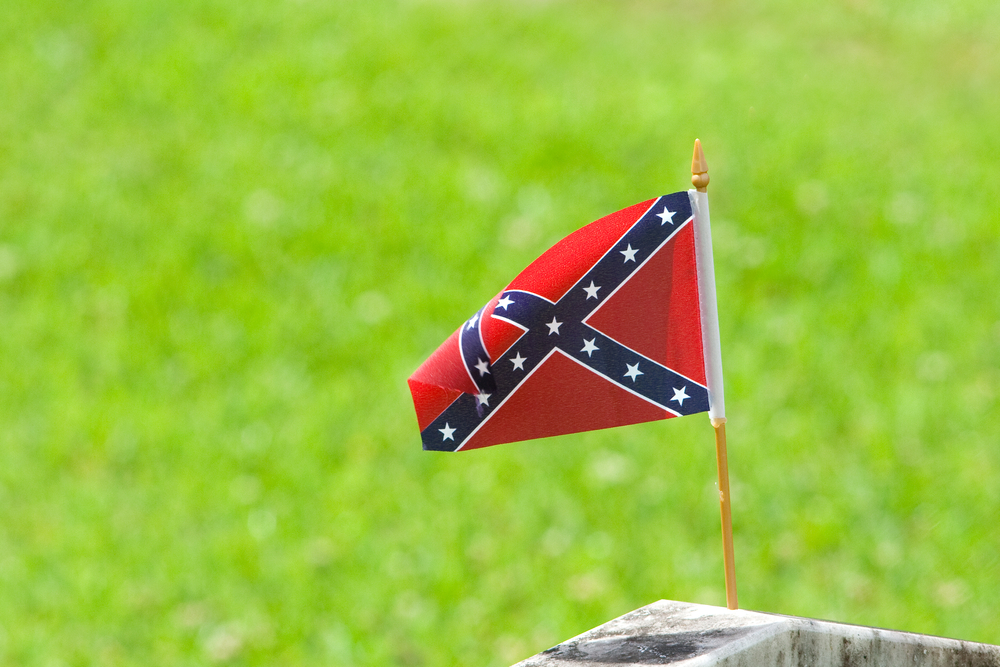Galvanized in national attention after the murder of nine church goers, South Carolina once again finds itself in the heart of controversy, about the Confederate Flag flying near its state capitol. Voices have risen up in favor of taking the flag down in South Carolina and elsewhere, including Russell Moore and even S.C. Governor Nikki Haley. Meanwhile, sales of Confederate flags have skyrocketed. Who is right in all this? I offer three observations:
1. What’s in a flag?
Flags have meaning. The Christian flag. The American flag and the “Republic for which it stands.” What does the Confederate Flag mean? Is it Southern heritage and history? Is it racism and hate? Or something in between or a mixture?
The first time I ever saw the Confederate Flag was as a boy, watching “The Dukes of Hazards.” Though I grew up in the Southwest, it was never a frequent sight in my life, and until I grew up and visited some Civil War battlefields, I never understood the significance of it.
Then in college, at one point, I had a “South-Will-Rise-Again,” Confederate-Flag waving friend. He was generally a nice guy, but I sometimes wondered if he could say with a straight face that he had no racial resentment or even racism in his heart.
Be that as it may, I recognize the appeal of history and heritage the flag has to many. I, too, love Gen. Robert E. Lee. Moreover, I believe that in the Civil War, both sides had admirable qualities (and poor qualities) to one extent or another, even as slavery had to be abolished at all costs.
Fast forward to today, much of society does not equate the flag with history and heritage, in large part because many who waved it in recent decades committed wrongs against people. As so often happens, a smaller group can mar something for a larger group.
2. When rights aren’t necessarily the right thing
When it comes to southern pride, there are ways to honor that heritage apart from the battle flag. In the case of the Confederate Flag, it has widely come to signify what side of the racial divide you are on.
South Carolina has not flown this flag continuously since its beginnings. The flag-flying tradition is only as old as the 1960s, when this country was in a pitch debate about racial segregation. In other words, flying the flag at the capitol is a relatively new tradition.
That is not to say this state does not have the right to fly the Confederate Flag, or individuals; it is to say they can choose not to. If a symbol becomes too tainted in people’s minds, or too divisive, it can be a measure of prudence to take the flag down.
3. Don’t demonize, dialogue
An issue this contested, this important, requires our best attention and best intentions. When debating the flag, don’t assume the worst about either party. For flag proponents, don’t assume opponents are ignorant people, bowing down to political correctness. For flag opponents, don’t assume everyone who has affection for the Confederate Flag is a deep-seated racist.
I, speaking for myself alone and no other person or group, favor the idea of taking down the Confederate Flag in South Carolina, for the reasons Russell Moore has stated.
It is my sincere prayer that as a nation, as a people, we can find a better day in this country when the ghosts of racism are fully chased out, especially among Christians. To that end, I say, Lord help us!
